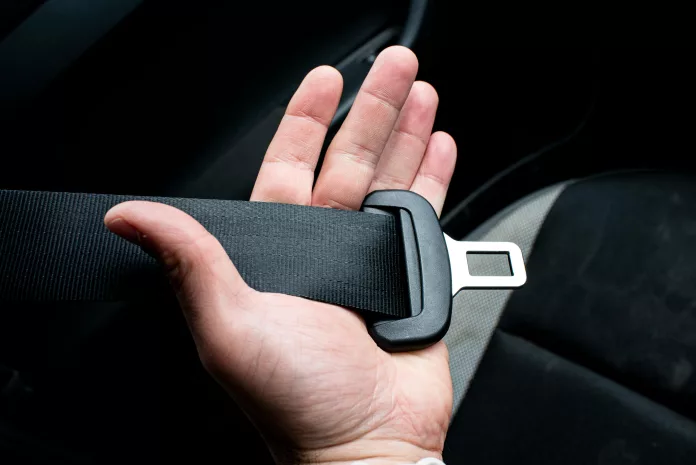Regarded as a rigorous evaluator of car safety, the Insurance Institute for Highway Safety (IIHS) has extended its prestigious recognition to electric vehicles (EVs) that demonstrate superior safety standards. The testing methods applied to these innovative vehicles are identical to those used for traditional cars, encompassing scenarios from full-frontal to various overlap collisions and assessments of roof strength. Electric vehicles’ resilience in these high-speed collision tests, capped at 40 miles per hour, gives a compelling testimony to their robust design.
In an ambitious move, the IIHS has refined its testing protocols for 2024, presenting challenges with advanced crash tests and elevated criteria for protecting pedestrians and rear passengers. The performance of EVs in these stringent tests has been nothing short of impressive, highlighting their innate safety attributes.
Consumer Benefits: Safety Meets Sustainability in EVs
Choosing an electric vehicle presents consumers with a win-win scenario; it aligns with environmental consciousness while also ensuring that safety is not compromised. Data reinforces the notion that EVs eclipse traditional gasoline vehicles in terms of safety metrics.
Our analysis includes perspectives from over a thousand EV owners and lessees surveyed in August 2023. The feedback from these drivers offers a window into the EV experience—affordable operational costs, minimal concerns over battery safety, and the confidence of driving a vehicle they perceive to be safer than gasoline alternatives. However, this assurance seems at odds with the skepticism of their non-EV-driving peers.
It is important for potential switchers to understand that electric vehicles are subject to the same stringent Federal Motor Vehicle Safety Standards as their conventional counterparts and endure rigorous safety testing to ensure roadworthiness and passenger protection. European electric cars face biennial inspections, designed to verify the functionality of specialized safety systems and the vehicle’s overall integrity.
Many EVs have risen to the occasion, with Tesla‘s Model Y leading the pack in IIHS safety accolades for the year. This acclaimed crossover SUV not only sets a benchmark in its segment but also encapsulates the essence of EV safety that is becoming increasingly recognized.
Joining the Tesla Model Y in the top-tier safety category are industry counterparts such as the Genesis Electrified G80 and Hyundai Ioniq 6. Meanwhile, numerous other models, including those from Audi, Genesis, Lexus, Nissan, Rivian, and Subaru, have secured places in the broader spectrum of IIHS safety recognitions.
IIHS Toughens the Safety Landscape
IIHS President David Harkey has emphasized the institute’s commitment to pushing the envelope in vehicle safety standards. With the introduction of new criteria, the IIHS’s mandate is to motivate automakers to strive for unparalleled safety milestones.
The IIHS has incorporated a more rigorous side crash test and updated existing tests to more accurately simulate the protection provided to both front and rear occupants. Despite the heightened criteria, a significant number of vehicles were distinguished as Top Safety Picks.
Modern Recalls: Over-the-Air Solutions for Enhanced Safety
The advent of over-the-air (OTA) updates has revolutionized how safety recalls are managed in the automotive industry. EVs, in particular, take advantage of this technology, making it possible for many recalls to be conducted wirelessly, providing drivers a seamless and immediate resolution to software issues from the comfort of their homes.
The National Highway Traffic Safety Administration (NHTSA) issues safety recalls as a precautionary measure, but with newer EVs, most of these recalls can be mitigated with an OTA update. This method is exemplified by Tesla’s 2022 recalls, the majority of which were remedied with software updates, avoiding the inconvenience of physical hardware repairs.
Why EVs Score High on Safety
Rigorous global evaluations have spotlighted the Tesla Model Y as a paragon of safety. By analyzing safety authority ratings across multiple countries and verifying the standardization of crucial safety features, it is clear that the Model Y leads the pack, equipped with features such as autonomous emergency braking and lane assistance systems.
The inherent simplicity of electric vehicle drivetrains contributes to their reliability and cost-effectiveness—not to mention the stark contrast in moving parts compared to internal combustion engine vehicles. This simplicity translates to savings in fuel and maintenance costs, enhancing not only the consumer’s wallet but also their peace of mind on long-term vehicle ownership.


























